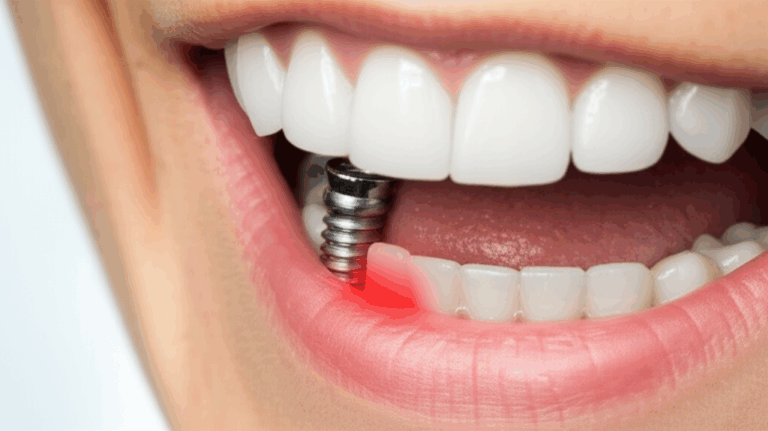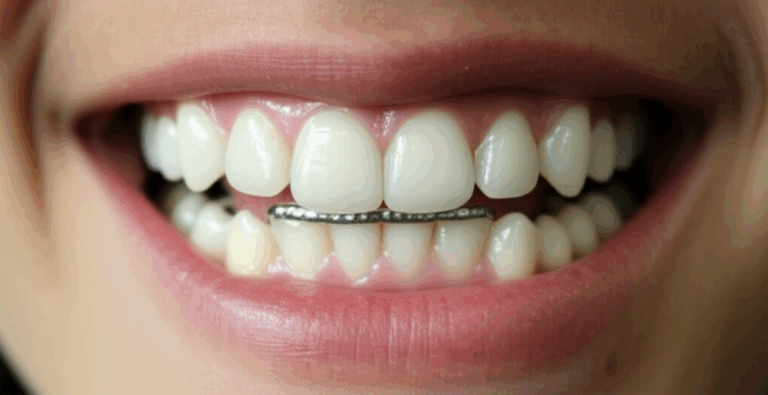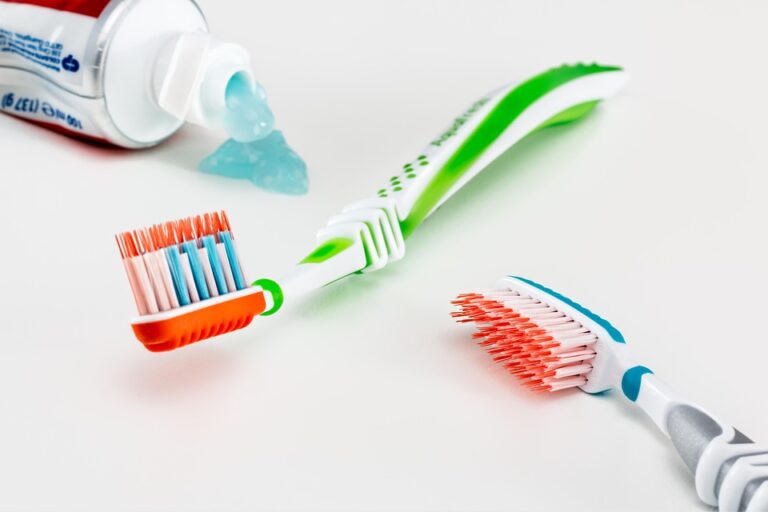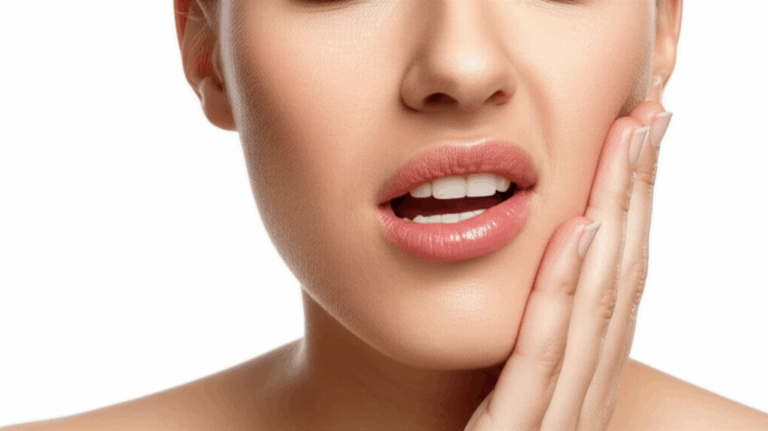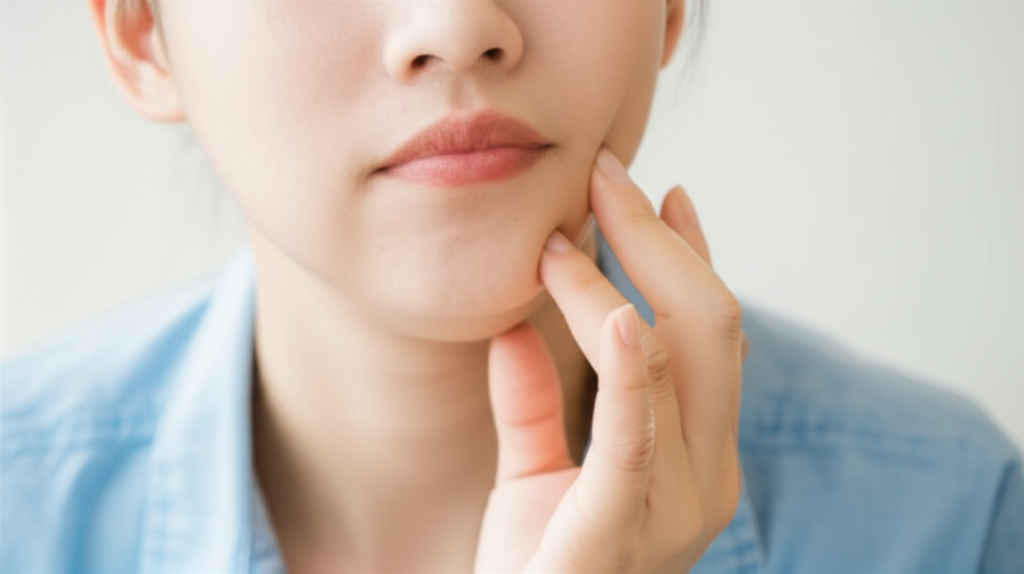
Can Dental Problems Cause Facial Twitching? Simple Explanation & What to Do
Did you ever wonder why your cheek, eye, or lips start jumping—and nothing seems to make it stop? Maybe you searched online for hours trying to figure it out. Well, sometimes the answer is right inside your mouth. Dental problems can cause facial twitching, and knowing what’s happening can help you get better. In this post, I’ll explain the surprising link between your teeth and twitching, show you what mouth issues might cause those muscle jumps, and tell you what to do if it happens to you. Stick around—your smile (and your face) will thank you!
Table of Contents
- What's the Connection Between Dental Problems and Facial Twitching?
- How Do Teeth and Facial Nerves Work Together?
- Which Dental Problems Can Cause Facial Twitching?
- Why Does Jaw Clenching or Tooth Grinding Cause Spasms?
- Can Dental Infections Lead to Weird Face Symptoms?
- What Other Symptoms Happen With Dental-Related Twitching?
- How Can Dentists Find the Real Reason?
- What Treatments Help Stop Facial Twitching From Dental Issues?
- When Should You See a Dentist or Doctor Right Away?
- How Do You Keep Teeth (and Your Face) Healthy?
- Bulleted Takeaways to Remember
What’s the Connection Between Dental Problems and Facial Twitching?
Let’s be honest—most people don’t think a jumping cheek means something is wrong with a tooth. You might think twitching means you’re stressed, tired, or just unlucky. But the truth is, dental problems can cause facial twitching. Why? It comes down to the nerves, muscles, and tissues that link your teeth to the rest of your face.
Here’s the thing: nerves running through your jaws are very close to the muscles in your face. If something bothers these nerves—like an abscess, cavity, or jaw problem—they can send confusing signals. Before you know it, your muscles react with jumps or shakes you can’t control.
Does it sound strange? Not really, once you know a bit about how the mouth works. Reading this will help you find—and fix—the real root of your twitch!
How Do Teeth and Facial Nerves Work Together?
Think about your face like a busy city, where roads (nerves) move messages to every house (muscles and teeth). The biggest “road” here is the trigeminal nerve. It touches almost every part of your face—your lips, cheeks, teeth, and jaw joints.
- The trigeminal nerve (CN V) lets you chew, feel pain or touch on your face, and open and close your mouth.
- The facial nerve (CN VII) helps you smile, frown, or lift your eyebrows.
- If something puts pressure, swelling, or hurts these nerves—especially from a dental problem—they can set off muscle movements you don’t want.
Sometimes, dental problems like cavities, tooth infections, jaw issues, or gum infections can bother or squeeze these nerves. When that happens, you might feel more than just pain: you might have numbness, tingling, or a twitch that won’t go away. The cause might be hiding in your mouth even if your teeth mostly feel okay.
Which Dental Problems Can Cause Facial Twitching?
Not all mouth problems bring twitching, but some do. TMJ disorders, tooth infections, grinding or clenching teeth, nerve injury, and even a bad bite can upset the nerves in your face.
Here’s a simple list of dental causes:
- TMJ disorders: The jaw joint is sore or out of place. This puts pressure on muscles and nerves near it.
- Tooth infection or abscess: Infections can swell and push on nerves, causing muscles to jump.
- Grinding or clenching teeth (Bruxism): Clenching your teeth over and over makes your face muscles tired and jumpy.
- Recent dental work: Sometimes a filling, tooth removal, or root canal can bug the nerves.
- Wisdom tooth impaction: Stuck wisdom teeth push on nerves in the lower jaw.
Here’s a quick story. A friend of mine had a cheek that kept jumping. He ignored it. Weeks later, he had jaw pain and swelling. It turned out—a hidden wisdom tooth infection squished his mandibular nerve. When the dentist pulled the tooth, the twitching went away!
Why Does Jaw Clenching or Tooth Grinding Cause Spasms?
Have you ever woken up with a sore jaw or headache? You might be one of the many people with bruxism—grinding or clenching your teeth, mostly at night. This uses your biggest face muscles, like the masseter and temporalis.
What’s the big deal? Muscles get tired if you work them too much. After a while, they start to spasm or jump—like a runner’s legs after running too far.
Here’s how it happens:
- Grinding makes jaw and face muscles work overtime.
- Tired, sore muscles are more likely to twitch.
- The stress from grinding can make jumping muscles even worse.
TMJ problems often go together with grinding. When your jaw joint isn't working right, your muscles must do more. That’s why one problem leads to another.
If you grind your teeth, ask about a night guard from a trusted night guard dental lab. Wearing one can help your jaw—and nerves—rest.
Can Dental Infections Lead to Weird Face Symptoms?
Yes, definitely. Dental infections—especially deep ones like abscesses, pulpitis, or gum disease—don’t just hurt teeth. They bring swelling, heat, and soreness right beside the nerves for moving your face.
Here’s what happens:
- Tooth infections cause pressure and fluid to build up near tooth roots.
- That pressure pushes on nearby nerves, making them fire off weird signals.
- Swelling from infection spreads into cheek or jaw muscles, setting off muscle jumps.
Sometimes, the face can even swell, or the skin can feel numb, tingly, or “buzzing.” These are signs your nerves and muscles are being bothered.
If you think you have an infection (look for pain, swelling, pus, fever, or a bad taste), get dental help fast. If you wait, infections can get dangerous.
What Other Symptoms Happen With Dental-Related Twitching?
Twitching from dental problems rarely happens by itself. Here’s what else you might notice:
Signs to Watch For
| Symptom | Where You Feel It |
|---|---|
| Jaw pain or stiff jaw | Side or back of mouth/jaw |
| Headaches | Temples, forehead, behind eyes |
| Ear pain or ringing | In or around the ears |
| Clicking or popping | Jaw joint when you open/close |
| Swelling | Cheeks, jaw, gums |
| Tooth pain or sensitivity | One or more teeth |
| Trouble opening mouth | Jaw stiffens, feels “locked” |
If you check off several of these together with twitching, it’s time to get your teeth checked. Even a small headache or ear pain can come straight from a bad bite or a sore tooth.
How Can Dentists Find the Real Reason?
You can’t fix what you don’t know. I always tell my friends—don’t just guess or wait if your face is acting weird. When you see your dentist, they’ll do some simple checks and ask about what you feel.
Here’s what dentists do:
- Dental exam: Dentists check your teeth and gums for infection, swelling, or problems. They’ll poke and may gently press your jaw muscles, too.
- X-rays or scans: Pictures show hidden problems like infections, cysts, or stuck wisdom teeth.
- TMJ check: Opening and closing your jaw, listening for clicks or pops, and seeing how well you move.
- Bite check: Looking for bad alignment or signs you grind your teeth at night.
- Specialist referral: Sometimes, you need to see a nerve doctor, especially if there’s numbness, muscle weakness, or nerve signs.
Don’t be shy. Tell them everything—even if it seems small. Little things, like a nagging headache or a jaw that pops, could be the answer.
Want to know more about dental problems? Check this resource on Dental Diseases for more info.
What Treatments Help Stop Facial Twitching From Dental Issues?
Now for good news. If your teeth caused the twitching, fixing your dental problem usually makes it stop! The right fix depends on what’s wrong.
Common Solutions
- Treat infections: Antibiotics, draining an abscess, or root canal may fix infections. Sometimes, taking a tooth out is best.
- TMJ or grinding: Wearing a night guard, jaw splint, or doing jaw exercises helps your jaw rest and heal.
- Fix your bite: Braces, clear aligners, or dental work like crowns can fix a bad bite.
- Stop the twitch: If muscles keep jumping, medicine (muscle relaxers, pills for swelling), warm/cold packs, or even botox can help.
- Handle stress: Less stress means less jaw clenching. Try deep breaths, exercise, or talking with someone.
Need crowns or bridges? Pick a good crown and bridge lab so your bite fits right and doesn’t start new problems.
When Should You See a Dentist or Doctor Right Away?
Sometimes, twitching is just annoying, not dangerous. But some signs mean you should get help right now.
See a dentist or doctor right away if:
- Twitching keeps getting worse or doesn’t stop for days.
- You have big pain, swelling, or infection signs (fever, pus, redness spreading).
- You can’t open your mouth, or your teeth seem “locked” closed.
- You feel numbness, drooping, weakness, or trouble moving part of your face.
- Your vision, hearing, or speech changes.
Getting help quickly stops bigger problems. Rarely, leaving infections alone can let them spread to your eyes or brain—or hurt nerves for good.
How Do You Keep Teeth (and Your Face) Healthy?
The best thing? Stop problems before they start. Here’s an easy list for strong teeth and a happy face:
For more about healthy teeth, go to the Teeth Health page for tips for all ages.
References
Table: Quick Guide—Dental Problems That Can Cause Twitching
| Condition | Main Symptom | How It Triggers Twitching |
|---|---|---|
| TMJ Disorder | Jaw pain, clicking, stiff jaw | Muscles work harder, nerves are bothered |
| Tooth Infection or Abscess | Sharp tooth pain, swelling, fever | Swelling presses on nerves, muscles jump |
| Grinding/Clenching (Bruxism) | Jaw pain, headaches, teeth get worn down | Overworked jaw muscles start twitching |
| Dental Injury or Recent Work | Soreness, swelling at the site | Nerves get bumped, swelling |
| Bad Bite (Malocclusion) | Teeth don’t fit, chewing hurts | Muscles do extra work, get tired |
| Stuck Wisdom Tooth | Sore back teeth, swelling, jaw pain | Puts pressure on nerves, sets off spasms |
Bulleted Takeaways—Don’t Forget These Points!
- Dental problems—like TMJ, infections, or a bad bite—really can cause facial twitching.
- Most twitching happens when nerves and muscles get irritated or tired.
- If you have swelling, pain, or jaw stiffness and twitching, see a dentist soon.
- Dental treatments like treating infection, using night guards, or fixing your bite usually stop the twitching.
- Fast help is very important if you have big pain, swelling, or numbness.
Facial twitching can be a real pain—sometimes in more ways than one! But you aren’t helpless. Most dental causes are easy to fix with the right care. Keep up with mouth care, see your dentist for regular checks, and pay attention if your face starts jumping in ways you can’t control. Your smile—and your nerves—will be much happier.
Want more info? Check out this helpful china dental lab for news about new dental ways and materials. And don’t forget good resources like Teeth Information for any other mouth health questions.

